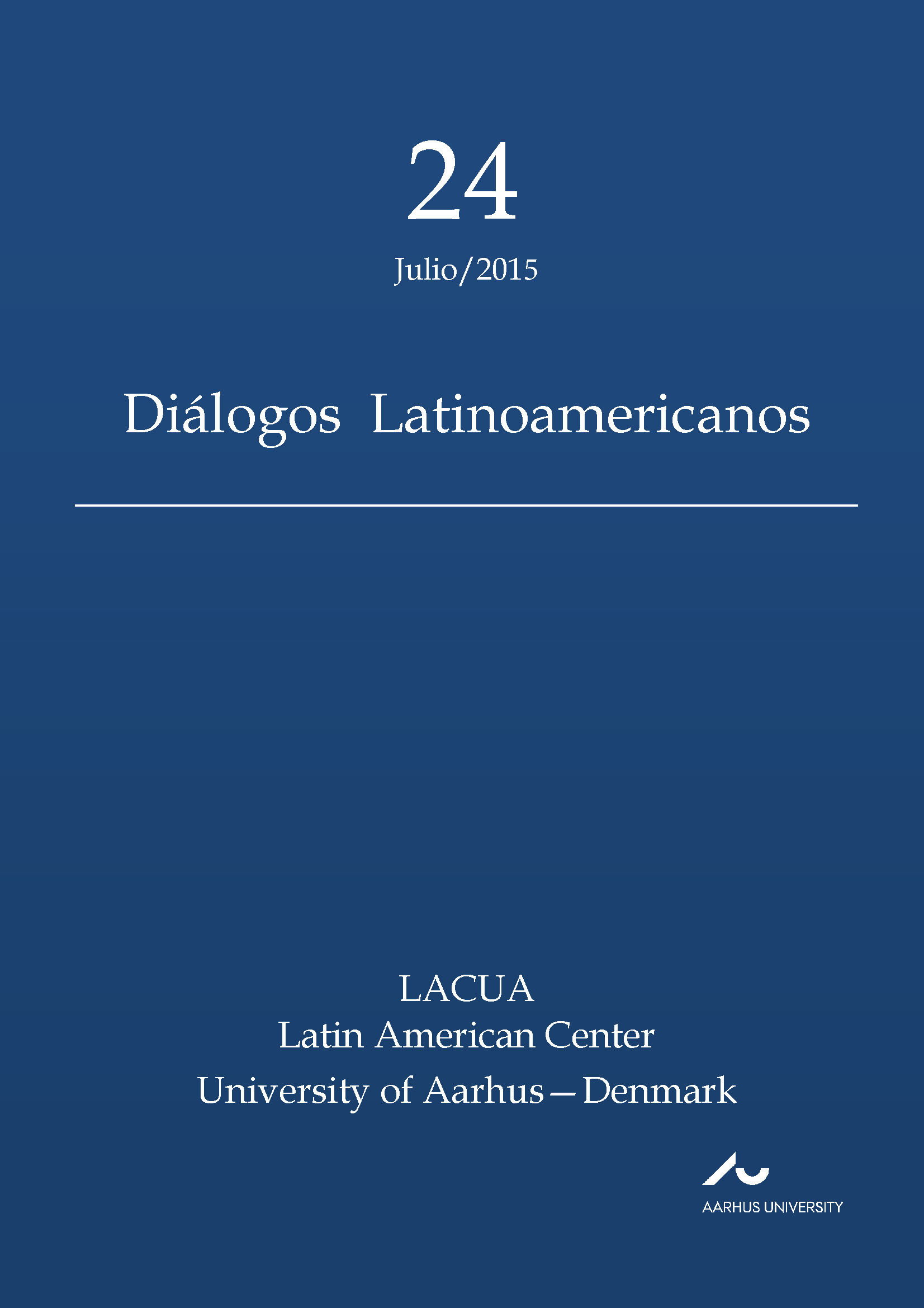Status Jurídico-Constitucional de las Lenguas Indígenas en América Latina
DOI:
https://doi.org/10.7146/dl.v16i24.113058Palabras clave:
indigenous languages, indigenous peoples, constitution, Latin America, state, sociology of languageResumen
The constitution is the fundamental norm that rules the modern Nation-States.
Consequently, what it is stipulated in it gives an idea of the relevance that the incorporated
(or not incorporated) elements have to the State. The present research analyses the juridicalconstitutional
status of the indigenous languages in the countries of Latin America, from
the perspective of the sociology of language. The method chosen is the content analysis of
the constitutional articles referring to language and the nature of the Nation-State. It has
been found that only seven countries (mainly from the Andean region of Southern
America) have declared official the vernacular languages, which implies that a 60.5% of the
indigenous people from the subcontinent dwells in countries in which it has not been given
that character to their ancestral languages.
Citas
ciudadanía’, en J. Ansión y F. Tubino (Eds.) Educar en ciudadanía
intercultural. Lima: Fondo Editorial de la Pontificia Universidad Católica del
Perú, 37-62.
Cooper, R. (1997) La planificación lingüística y el cambio social. Madrid:
Cambridge Univesity Press.
D’Angelis, W. (2009) ‘Lengua indígena: lengua extranjera en tierra indígena’. Avá,
14.
Derridá, J. (1986) De la gramatología (4ta Ed.). Madrid: Siglo XXI.
Fajardo, D. (2011). ‘Educación intercultural bilingüe en Latinoamérica: Un breve
estado de la cuestión’. LiminaR, 9 (2), 15-29.
Fishman, J. (1995) Sociología del lenguaje (4ta Ed.). Madrid: Cátedra.
Fishman, J. (2001) ‘Why Is it so Hard to Save a Threatened Language?’, en J.
Fishman (Ed.). (2001). Can Threatened Languages Be Saved? Clevedon:
Multilingual Matters,1-22.
Gellner, E. (1988) Naciones y nacionalismo. Marid: Alianza Editorial.
Kymlicka, W. (1996) Ciudadanía multicultural. Una teoría liberal de los derechos
de las minorías. Buenos Aires: Paidós.
Sarzurri-Lima, M. (2012) ‘De la palabra al texto: colonialidad lingüística y luchas
interculturales’. Revista Integra Educativa, 5(1).
UNICEF (2009). Atlas sociolingüístico de pueblos indígenas en América Latina.
Cochabamba: UNICEF.
Descargas
Publicado
Cómo citar
Número
Sección
Licencia
A partir del volumen 31 (2022), los artículos publicados en Diálogos Latinoamericanos tienen licencia de CC-BY 4.0. Para más información sobre los términos de esta licencia consulte este enlace https://creativecommons.org/licenses/by/4.0/.
No hay licencia de Creative Commons para los volúmenes 1-30. Todos los derechos están reservados a les autores. Los lectores pueden descargar, leer y enviar enlaces a los artículos, pero no republicarlos.
Derechos de autor
Con la publicación del volumen 31 (2022) les autores poseen todos los derechos de autor de sus artículos y conceden a Diálogos Latinoamericanos el derecho de la primera publicación. Les autores también poseen los derechos de autor de las versiones previas de sus manuscritos, como el manuscrito entregado (pre-print) y el manuscrito aceptado (post-print).
Todos los derechos de autor de los artículos publicados en los volúmenes 1-30 están reservados a les mismes autores.





